The long – term value of the Montessori method in a child’s growth journey lies in its ability to nurture independence, curiosity, and lifelong love for learning. This educational approach shapes not only what children know but also who they become as thoughtful, capable, and confident individuals. Let’s find out with 4Life Education how Montessori principles create a foundation for lasting growth and success.
Understanding the Montessori philosophy
The Montessori method is more than a teaching style – it is a philosophy that honors each child’s natural development. Founded by Dr. Maria Montessori, the approach encourages children to learn through exploration, hands-on experiences, and self – directed discovery. In a Montessori environment, children are not pressured to compete or perform; instead, they are guided to follow their own pace and interests.
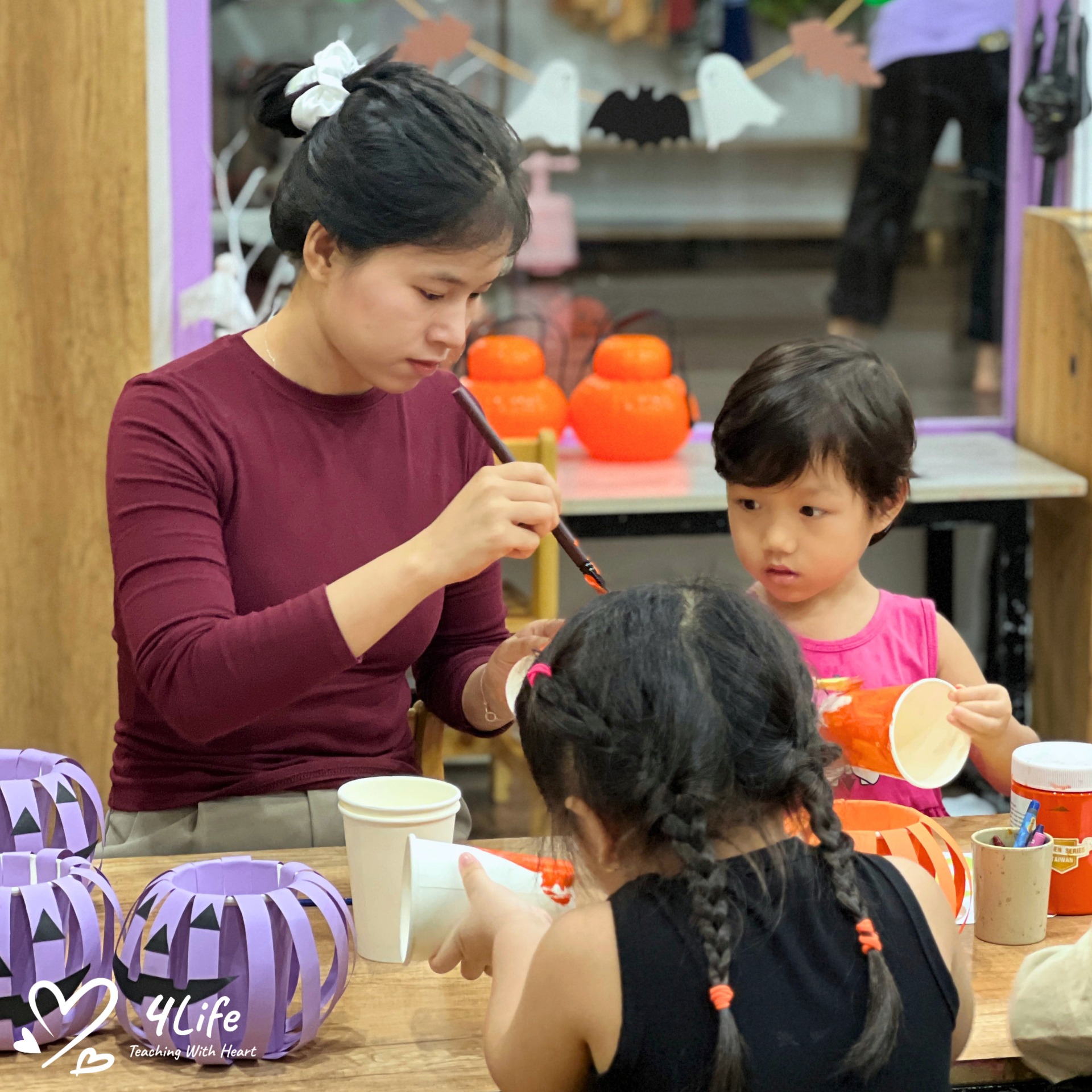
Understanding the Montessori philosophy
This freedom within structure allows children to develop concentration, responsibility, and self-confidence. They learn not just academic knowledge but essential life skills that help them adapt to real-world challenges.
Developing independence and responsibility
One of the greatest long-term benefits of the Montessori method is its emphasis on independence. From an early age, children are encouraged to take care of themselves and their surroundings – pouring water, cleaning up spills, or organizing their materials. These small tasks may seem simple, but they build responsibility, focus, and pride in accomplishment.
Over time, children internalize these habits, learning that effort and perseverance lead to success. When they grow older, this sense of autonomy helps them make thoughtful decisions, manage their time effectively, and take ownership of their goals. The independence developed through Montessori learning becomes a lifelong asset, shaping confident and capable individuals.
Building emotional intelligence and social awareness
The Montessori method also places a strong emphasis on emotional and social growth. Children learn in mixed – age classrooms, where younger ones observe and learn from older peers, while older children develop leadership and empathy by helping the younger ones. This natural social structure fosters mutual respect, cooperation, and understanding.
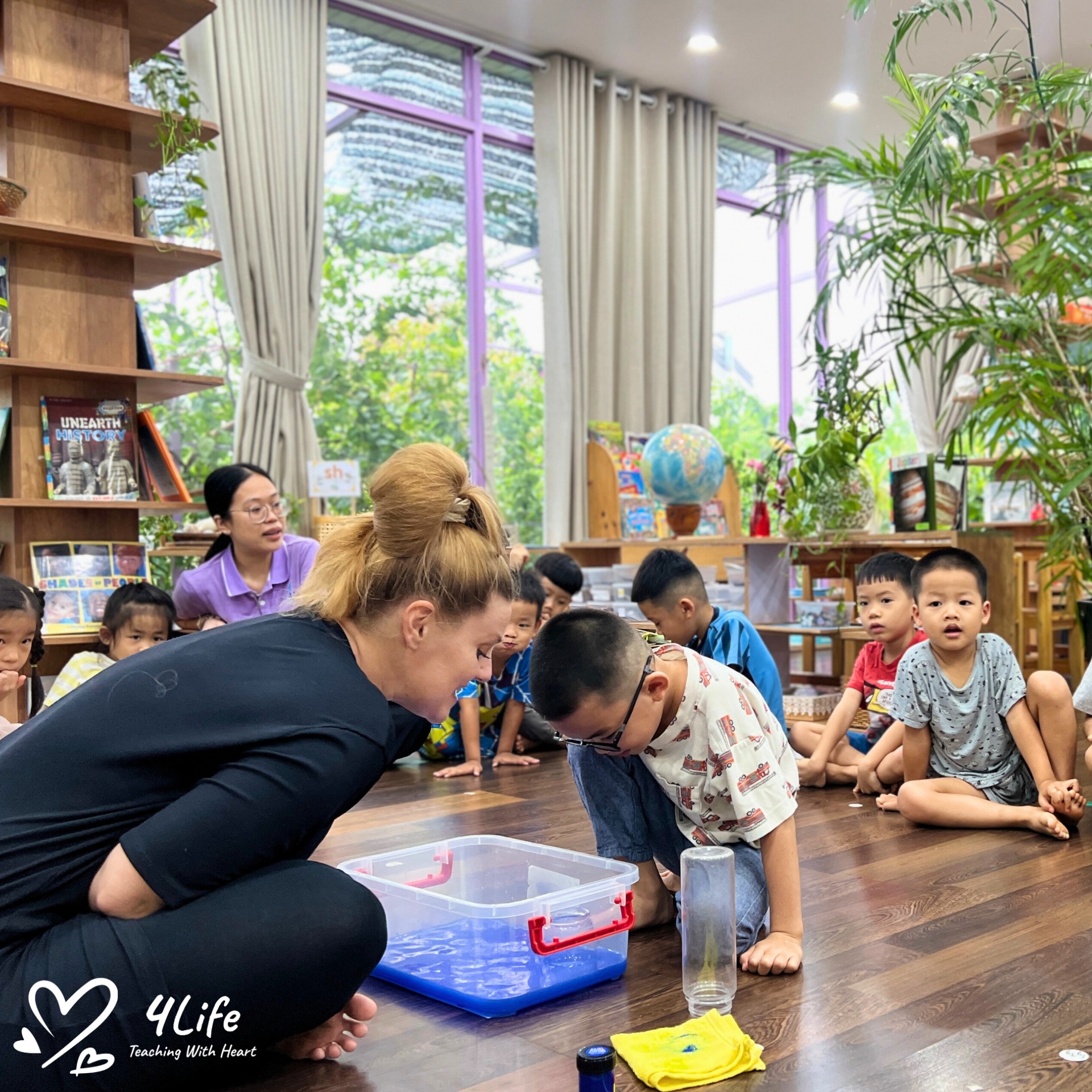
Building emotional intelligence and social awareness
Teachers guide children in managing emotions, solving conflicts peacefully, and expressing themselves respectfully. These experiences help children develop emotional intelligence – an ability that not only strengthens relationships but also supports success later in life.
Encouraging curiosity and lifelong learning
In Montessori classrooms, learning is driven by curiosity rather than external rewards. Children explore materials that engage their senses and invite discovery – counting beads, sorting shapes, or observing nature. This hands – on approach builds a genuine love of learning, as children feel joy in finding answers for themselves.
Because Montessori education allows children to follow their interests, they naturally develop intrinsic motivation. They learn to ask questions, explore possibilities, and persist when faced with challenges. These qualities remain long after preschool years, shaping resilient learners who embrace new knowledge with enthusiasm.
Supporting cognitive and academic growth
The Montessori method provides a solid academic foundation through purposeful learning materials and self – paced study. Children build understanding from concrete to abstract – first manipulating physical objects, then progressing to written and symbolic concepts. This approach supports strong cognitive development and critical thinking.
Montessori students often demonstrate advanced reading, math, and problem-solving skills, not because they are pushed ahead, but because they are deeply engaged. By learning at their own pace, they develop mastery and confidence that prepares them for future academic success.
The long-term impact on character and mindset
Beyond knowledge, the Montessori method shapes character. Children learn patience through repetition, perseverance through trial and error, and respect through collaboration. These experiences nurture a growth mindset – the belief that abilities can be developed through effort.
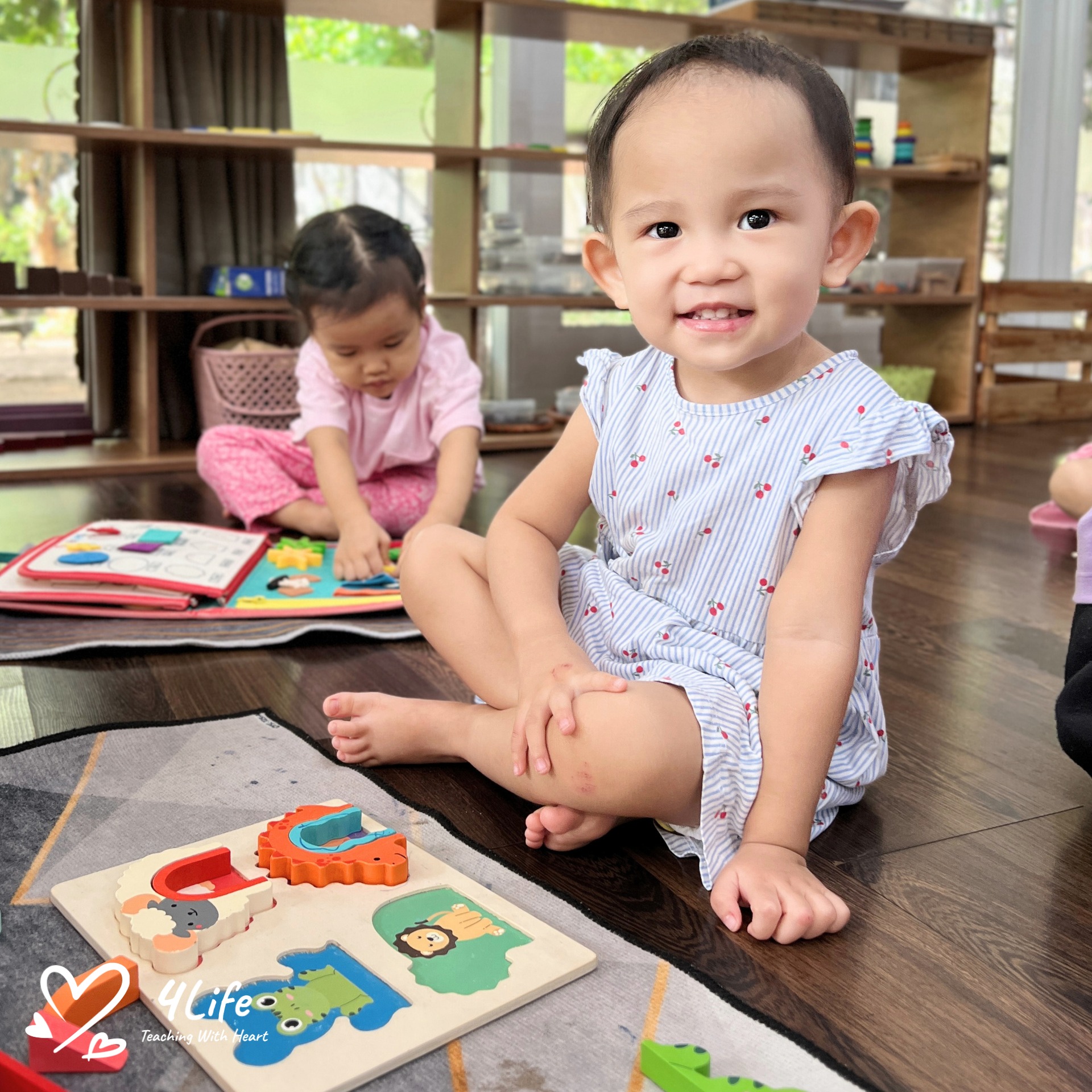
The long-term impact on character and mindset
As adults, former Montessori learners often show high levels of creativity, self-discipline, and empathy. They are comfortable taking initiative, thinking critically, and working well with others. The values cultivated in early Montessori education – respect, curiosity, and compassion – become lifelong strengths that influence their careers and relationships.
The role of parents in supporting Montessori growth
Parents play a key role in extending Montessori principles beyond the classroom. At home, they can create an environment that encourages independence and exploration – placing everyday items within reach, allowing children to help with simple chores, and inviting them to make age-appropriate choices.
By observing and guiding rather than controlling, parents help reinforce the values of responsibility and self-confidence learned at school. This partnership between home and classroom ensures that Montessori learning continues to shape the child’s overall growth and worldview.
Montessori education and future success
Research and real-world examples show that the long-term value of Montessori education extends far beyond early childhood. Children who experience Montessori learning often grow into adults who are adaptable, motivated, and self – aware. They approach challenges creatively and treat others with empathy and respect – qualities essential for success in today’s complex world.
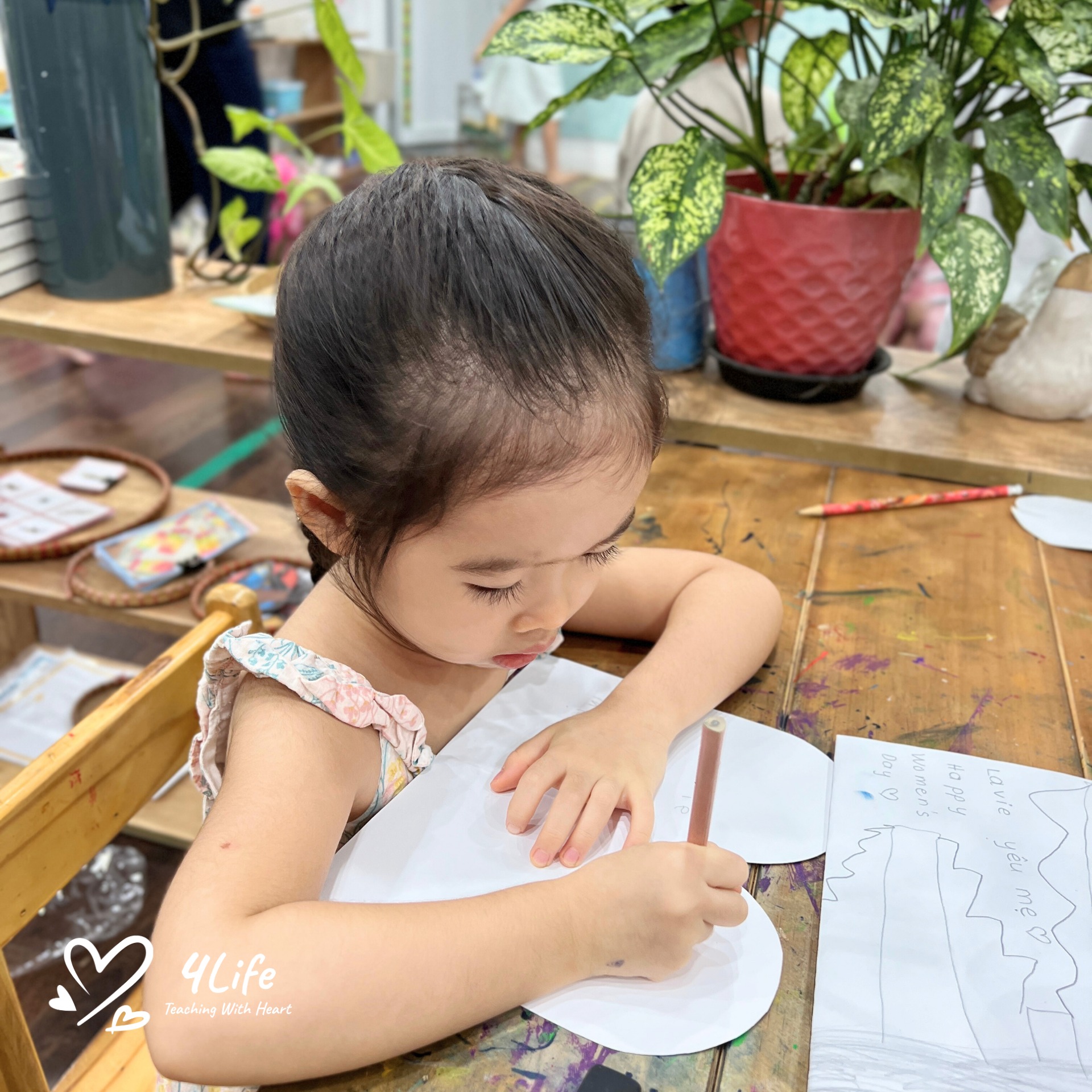
Montessori education and future success
The Montessori method nurtures balanced development – academic, emotional, and social – helping children become not only skilled learners but also kind and responsible citizens.
The long – term value of the Montessori method in a child’s growth journey lies in the way it nurtures the whole person – mind, heart, and spirit. Through freedom, respect, and meaningful learning, Montessori education builds independence, curiosity, and compassion that last a lifetime. When children are trusted to explore and grow at their own pace, they don’t just learn – they flourish.

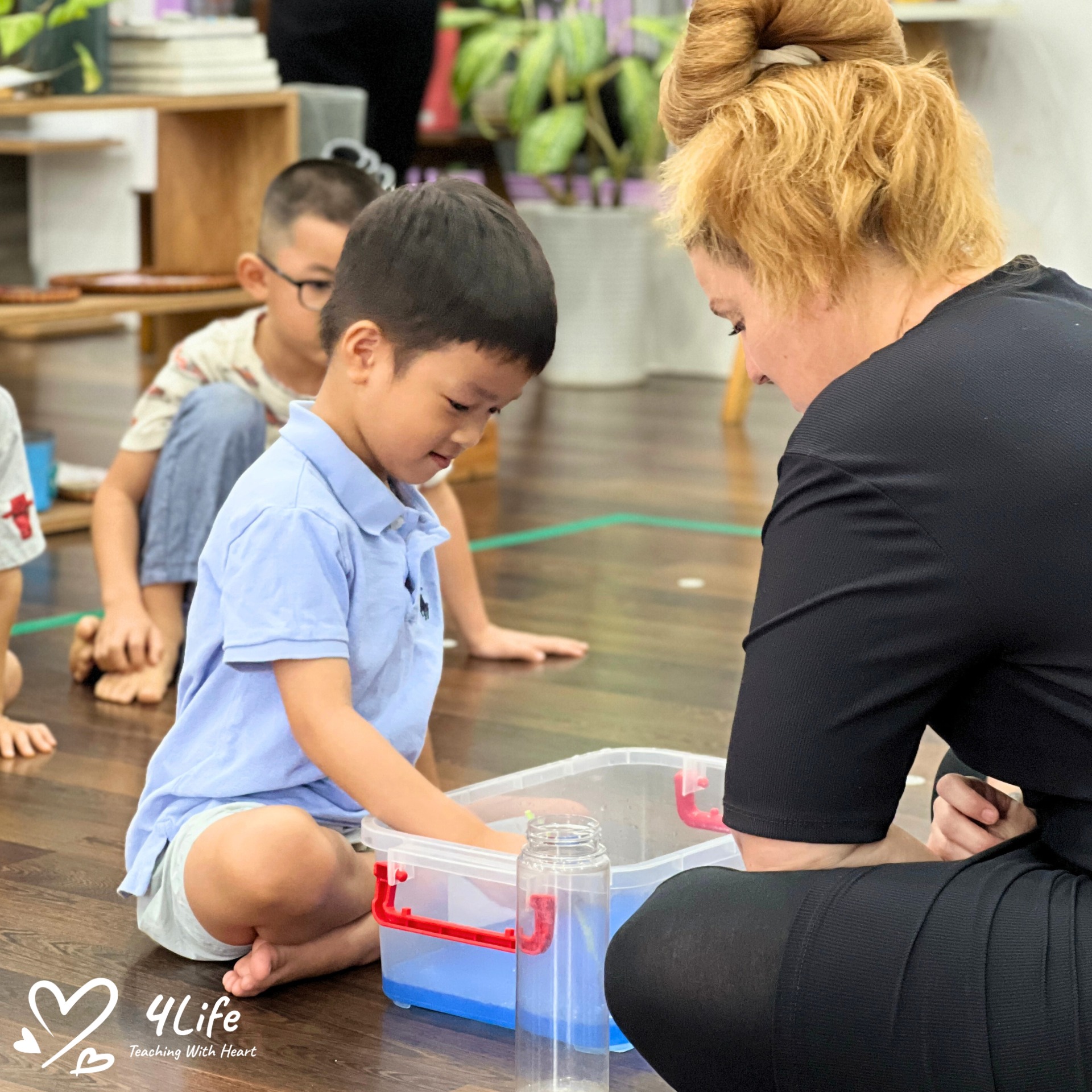
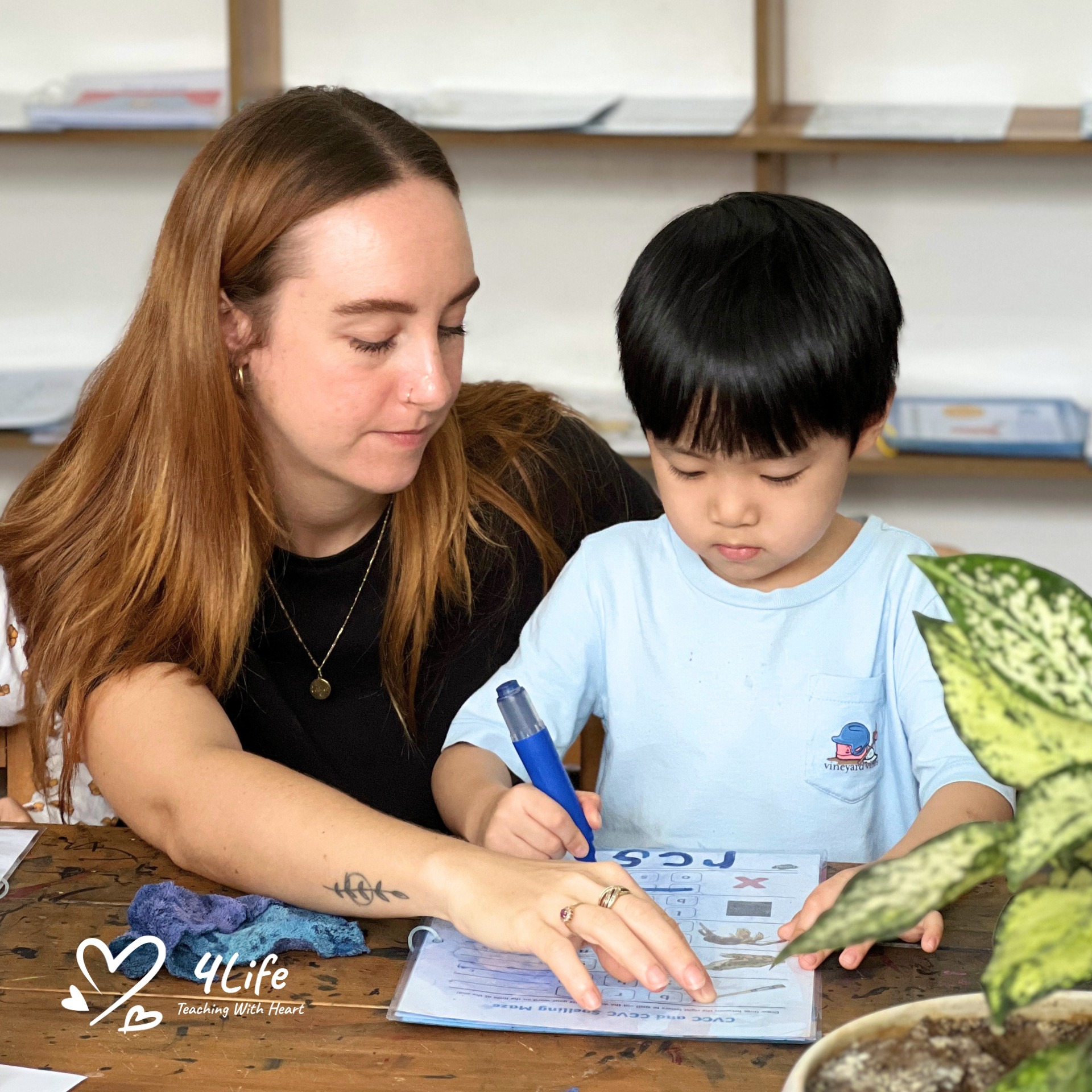
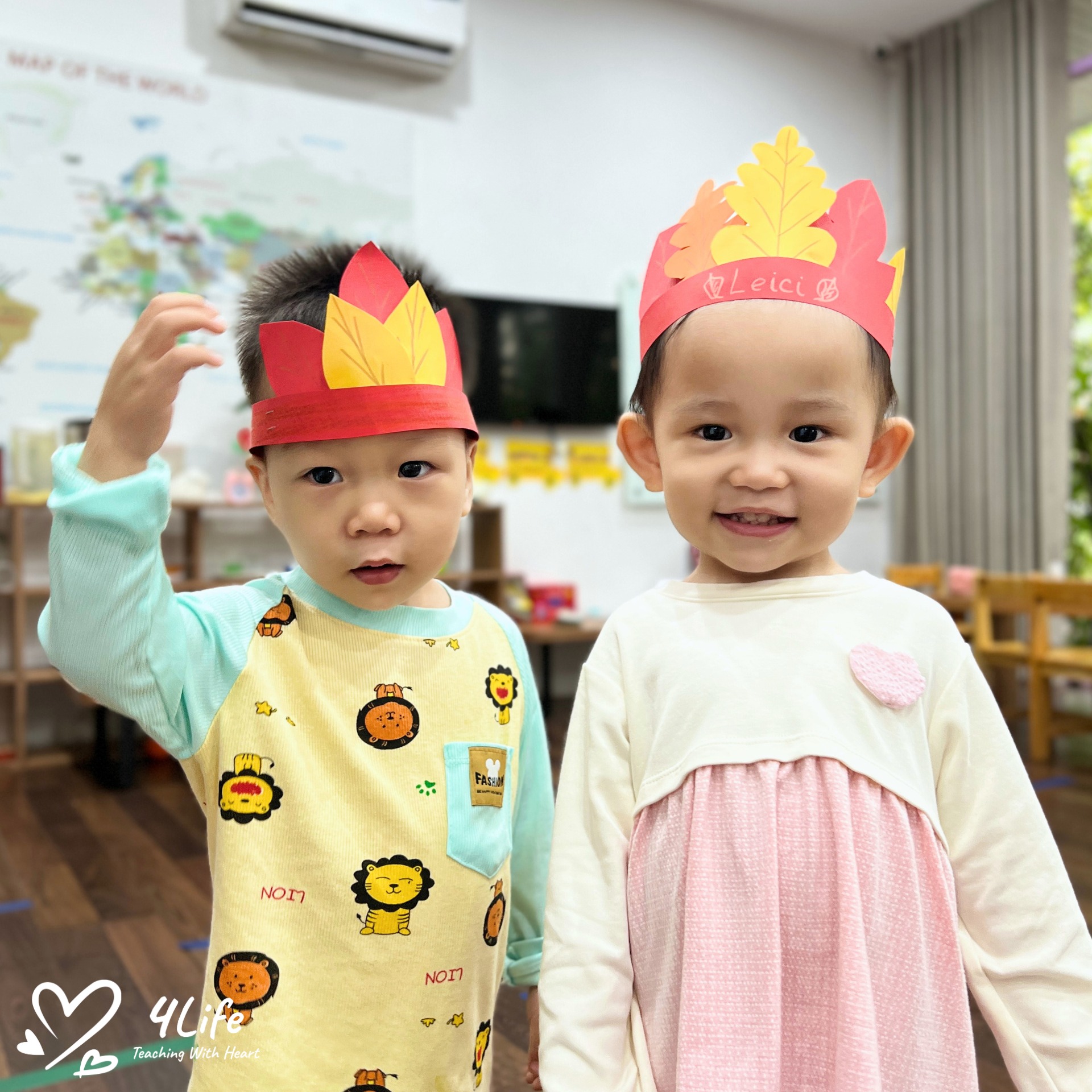
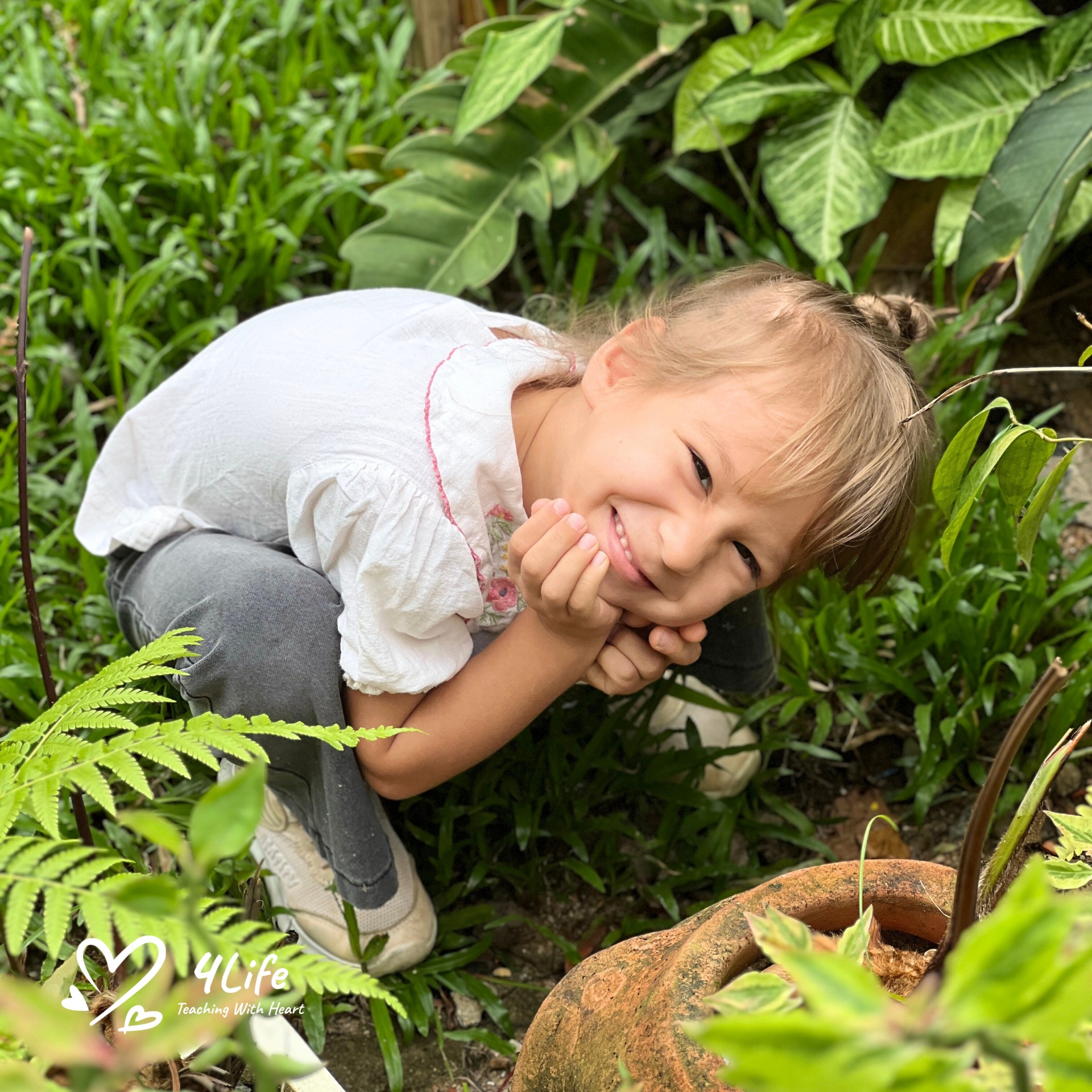
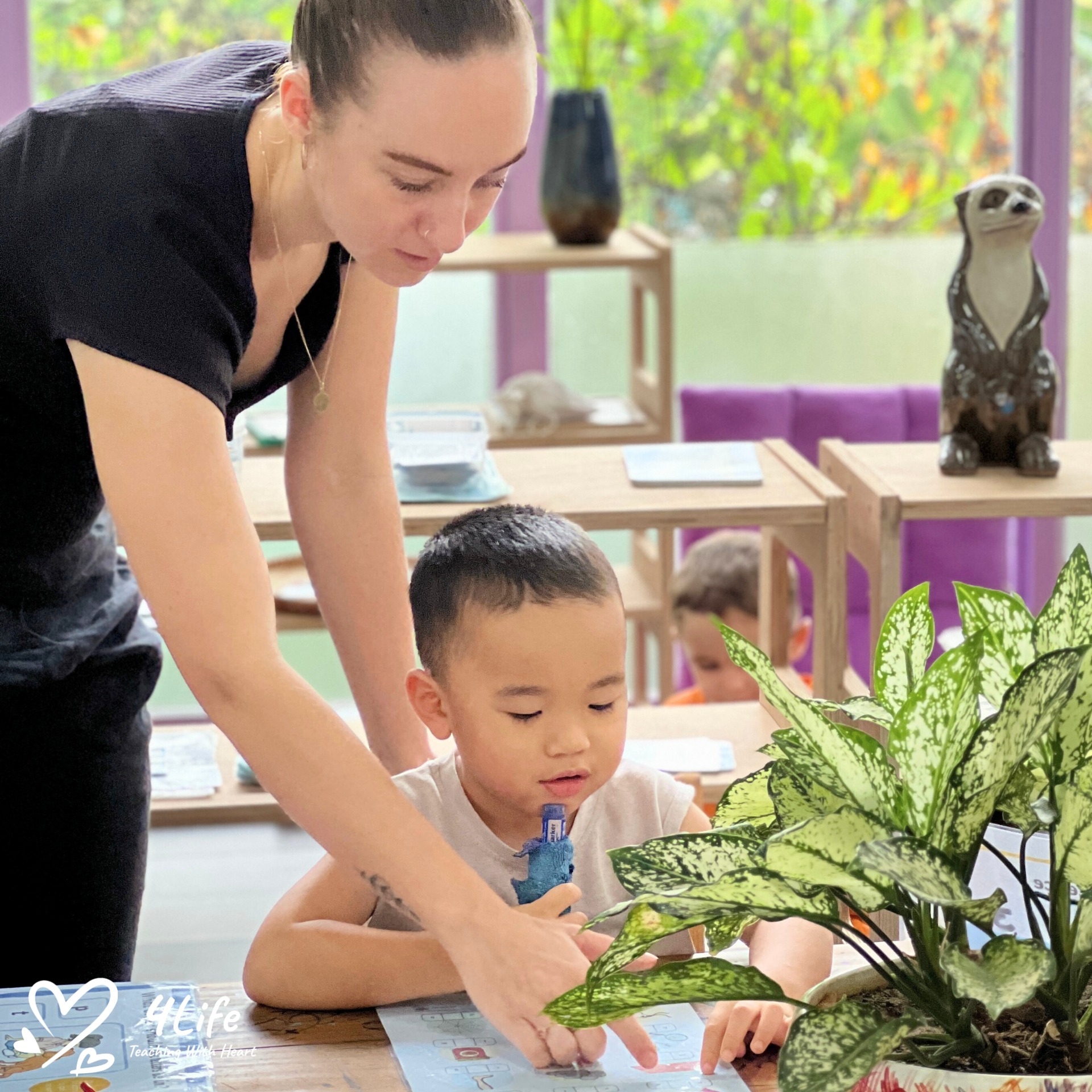
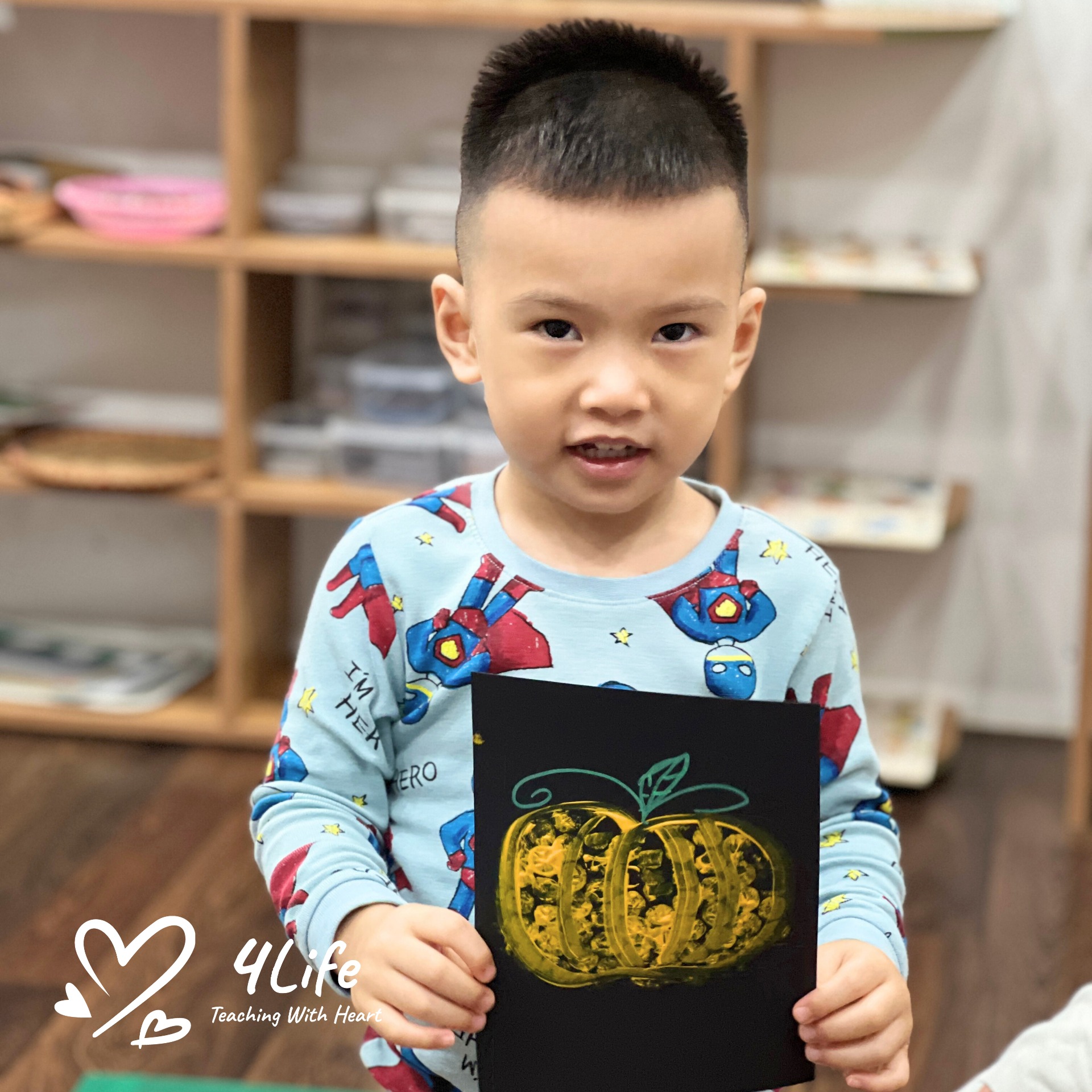

0 Comments